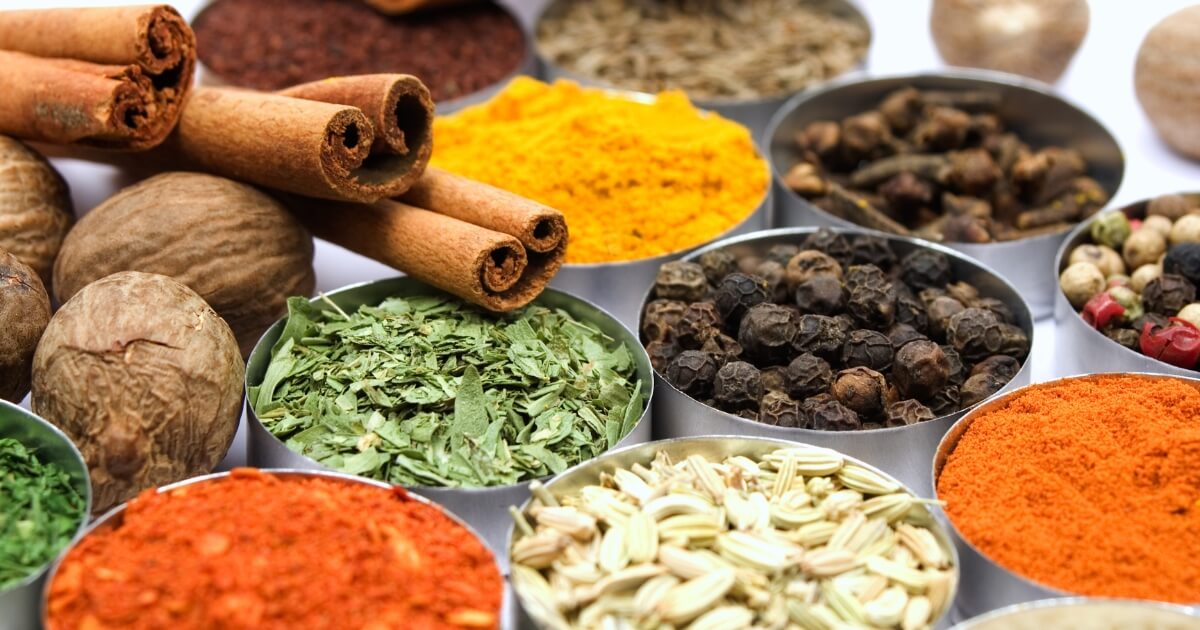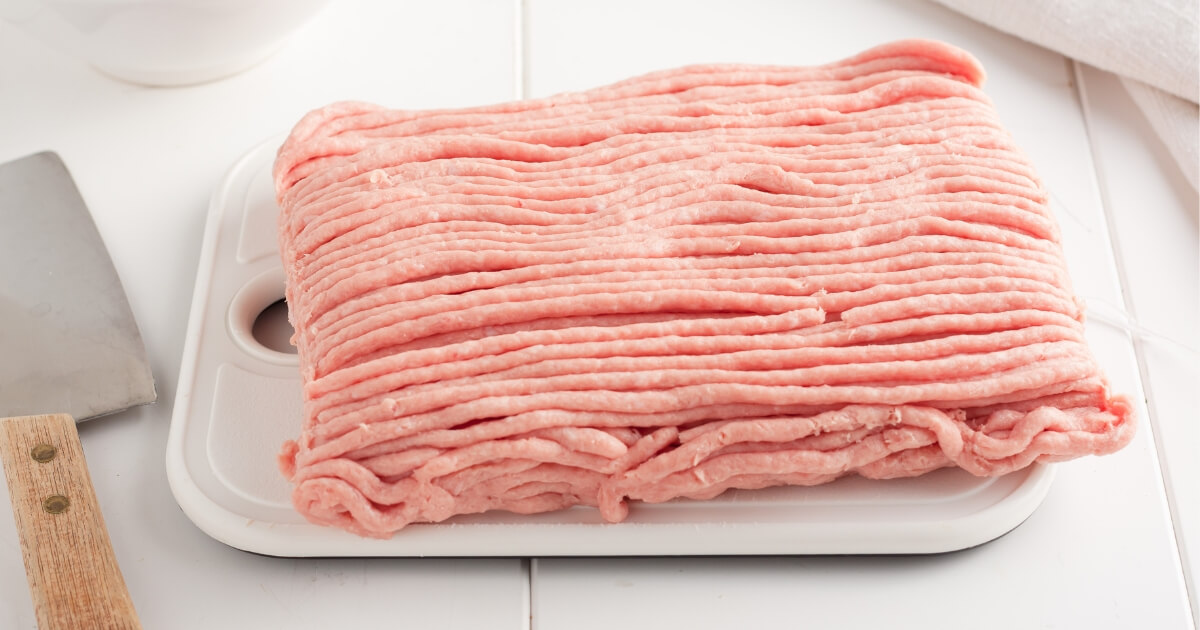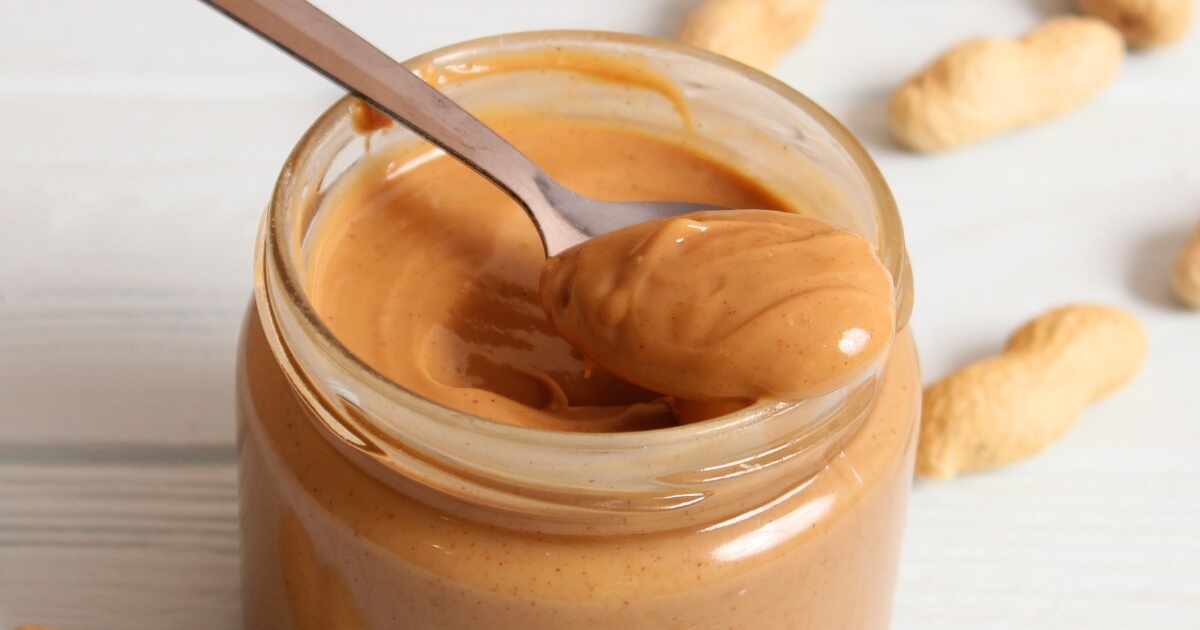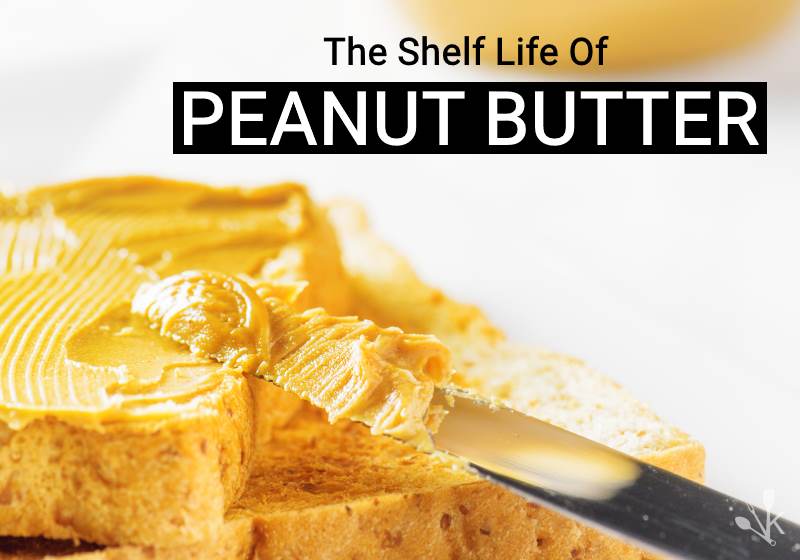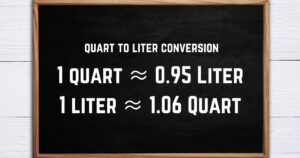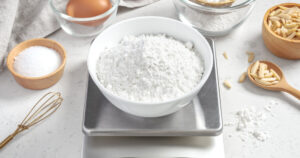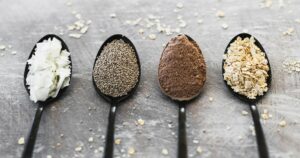You’ve just spotted a bag of sugar sitting quietly on the pantry shelf. It’s been there for ages, and now you’re wondering, does sugar go bad?
Pure sugar doesn’t technically spoil. Generally, white sugar remains in good condition for about two years once opened. Unopened and stored in the pantry, its shelf life can extend even further, though its quality may diminish. If you notice any off odors or appearances in your sugar, it’s safest to discard it.
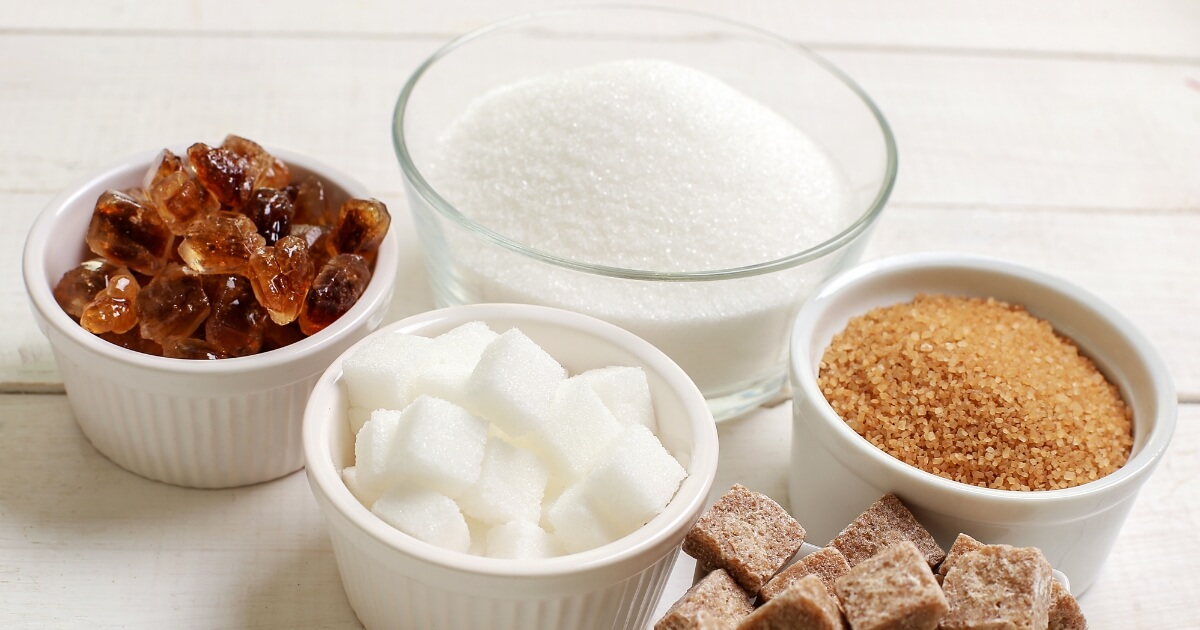
Unlike other pantry staples, sugar doesn’t harbor microbial colonies, thanks to its high-sugar environments that are a tough gig for bacteria. But, while sugar itself doesn’t spoil in the traditional sense, how it’s stored can significantly impact its quality and longevity.
I will walk you through the ins and outs of sugar’s shelf life. We’ll look at everything from storing it in airtight containers to keeping it in its original packaging.
How Long Are Sugars Good For?
You might be amazed to learn just how long different types of sugar can last when stored properly. Here’s a quick chart:
| Type of Sugar | Storage Method | Shelf Life | Notes |
|---|---|---|---|
| White Granulated Sugar | Airtight, moisture-proof container in a cool, dark place | Indefinite | Best quality within 2 years; break up lumps if needed |
| Brown Sugar | Airtight container, extra moisture-proof | Best within 6 months | Prone to hardening; soften with bread or marshmallows |
| Powdered Sugar | Airtight container in a cool, dry place | Indefinite | Can clump due to moisture; sift to remove lumps |
| Sugar Cubes | Dry, airtight container | Indefinite | Keep away from moisture to prevent sticking together |
Are you curious about how other sweeteners like honey fare over time? Check out this detailed guide on Does Honey Ever Go Bad?
In The Pantry
Sealed bags of sugar, including granulated, powdered, or brown, can last indefinitely at room temperature. Once opened, they maintain their quality, provided they’re stored correctly.
Over time, granulated sugar may clump, while brown sugar tends to harden. These changes don’t indicate spoilage but can affect usability.
To keep your sugar in tip-top shape, store it in an airtight container. This shields it from moisture and pantry pests, two common culprits that can compromise its quality.
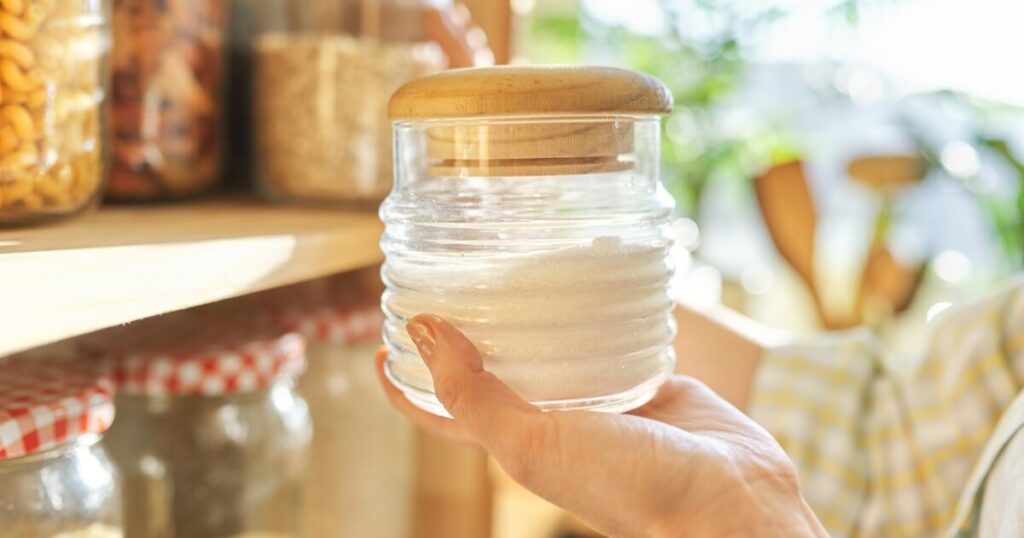
On the other hand, avoid storing sugar near strong odors or in direct sunlight. Sugar can absorb nearby smells, and heat can lead to moisture loss, altering its texture. Also, avoid storing sugar in the refrigerator, as this can introduce unwanted moisture.
Pantry pests, attracted to the sweet aroma, can also be a problem. Keeping sugar in a container with a tight-fitting lid is your best bet overall.
While we’re discussing the shelf life of granulated sugar, it’s also interesting to explore how long sugar lasts in other forms, like in simple syrup. Find out more about the shelf life of simple syrup here.
How To Tell If Sugar Is Bad
- Presence of Bugs or Pests: One clear sign that your sugar has gone bad is the presence of bugs or pests. If you find any insects in your sugar, it’s a sure sign that it needs to be discarded.
- Hardening or Clumping: Hardening is a common issue for brown sugar, but it doesn’t mean it’s bad. It’s simply lost moisture. Clumping in granulated sugar can also occur due to moisture but doesn’t indicate spoilage. It’s a sign that can indicate a problem, so just be aware of it.
- Unusual Odors: Sugar can absorb odors from its environment, leading to an off smell. This doesn’t necessarily mean the sugar is unsafe to eat, but it can affect the flavor of your dishes. If your sugar smells like anything other than sugar, consider whether it’s worth using in your cooking.
- Mold Growth: While rare, mold growth can occur in sugar, especially if it’s been exposed to moisture. Mold in sugar is a definite sign of spoilage and means the sugar should be thrown out immediately.
For more detailed signs specifically related to brown sugar, this guide on how to tell if brown sugar is bad is quite helpful.
Sugar Shelf Life FAQs
Can you store sugar in the refrigerator?
Storing sugar in the refrigerator isn’t recommended as it can introduce moisture, leading to clumping or hardening. Keep sugar in a cool, dry pantry or cupboard and in an airtight container instead for optimal shelf life.
Does sugar go bad if it gets wet?
Wet sugar can clump and harden, making it difficult to use, but it’s not necessarily spoiled. However, it should be discarded if the sugar has been exposed to water and shows signs of mold, discoloration, or unusual odors.
What happens if you eat expired sugar?
Eating sugar past its best-by date usually isn’t harmful, as sugar doesn’t spoil in the traditional sense. However, its quality, in terms of texture and flavor, might be diminished.
How long does sugar last after the expiration date?
Sugar, especially white granulated sugar, has an indefinite shelf life and can be used well beyond its expiration date when stored properly. The main thing is to keep it dry and away from strong odors and pests.

